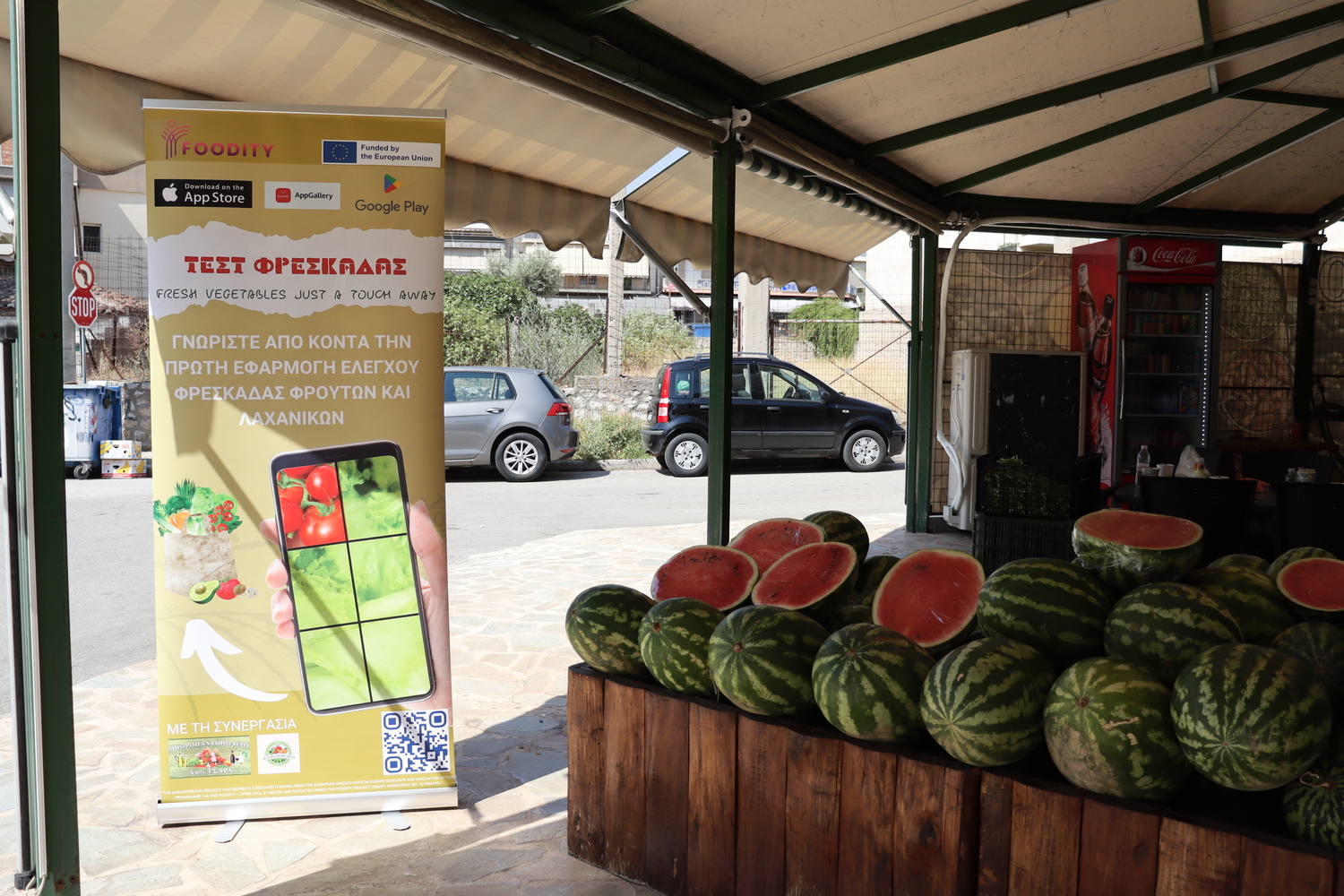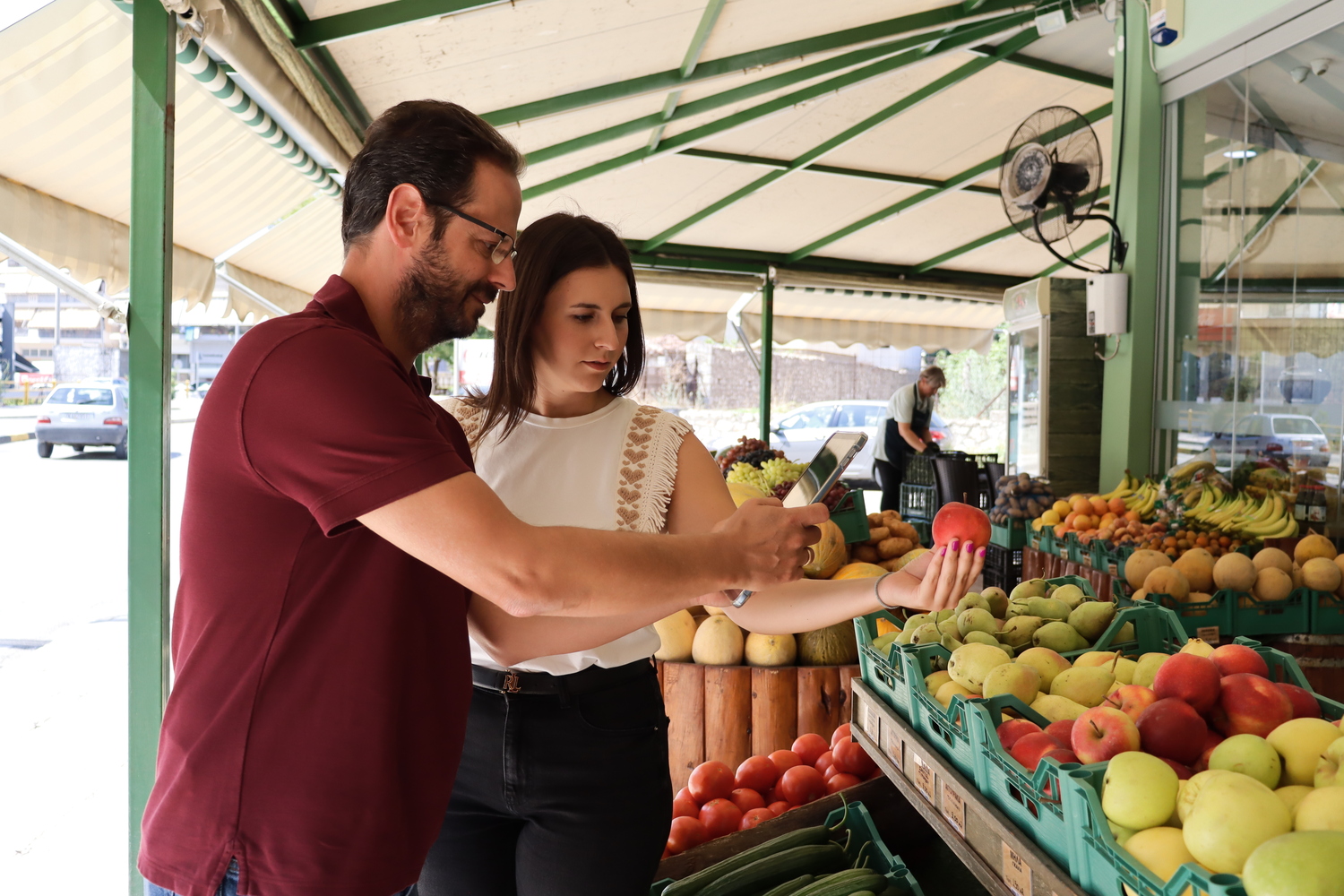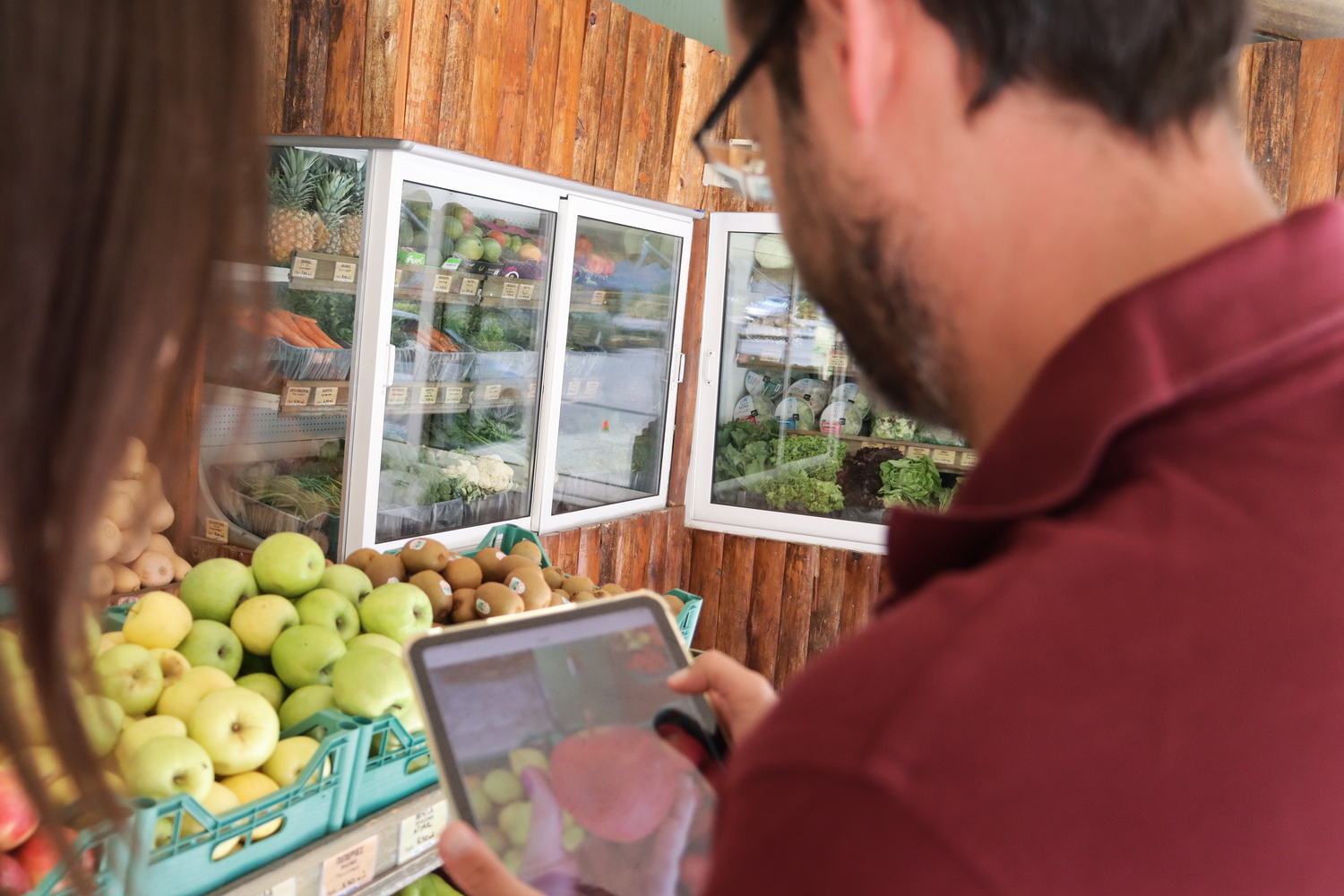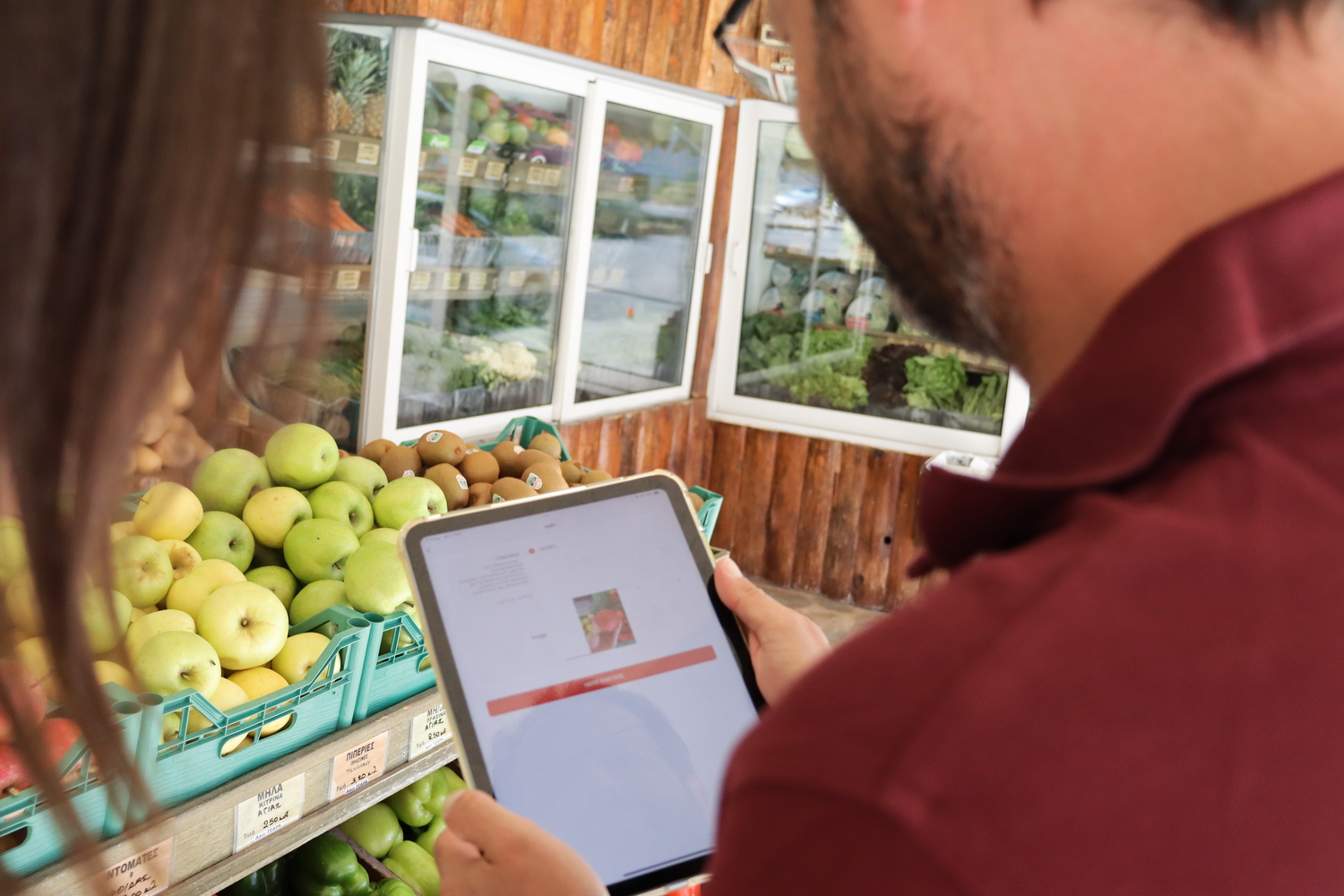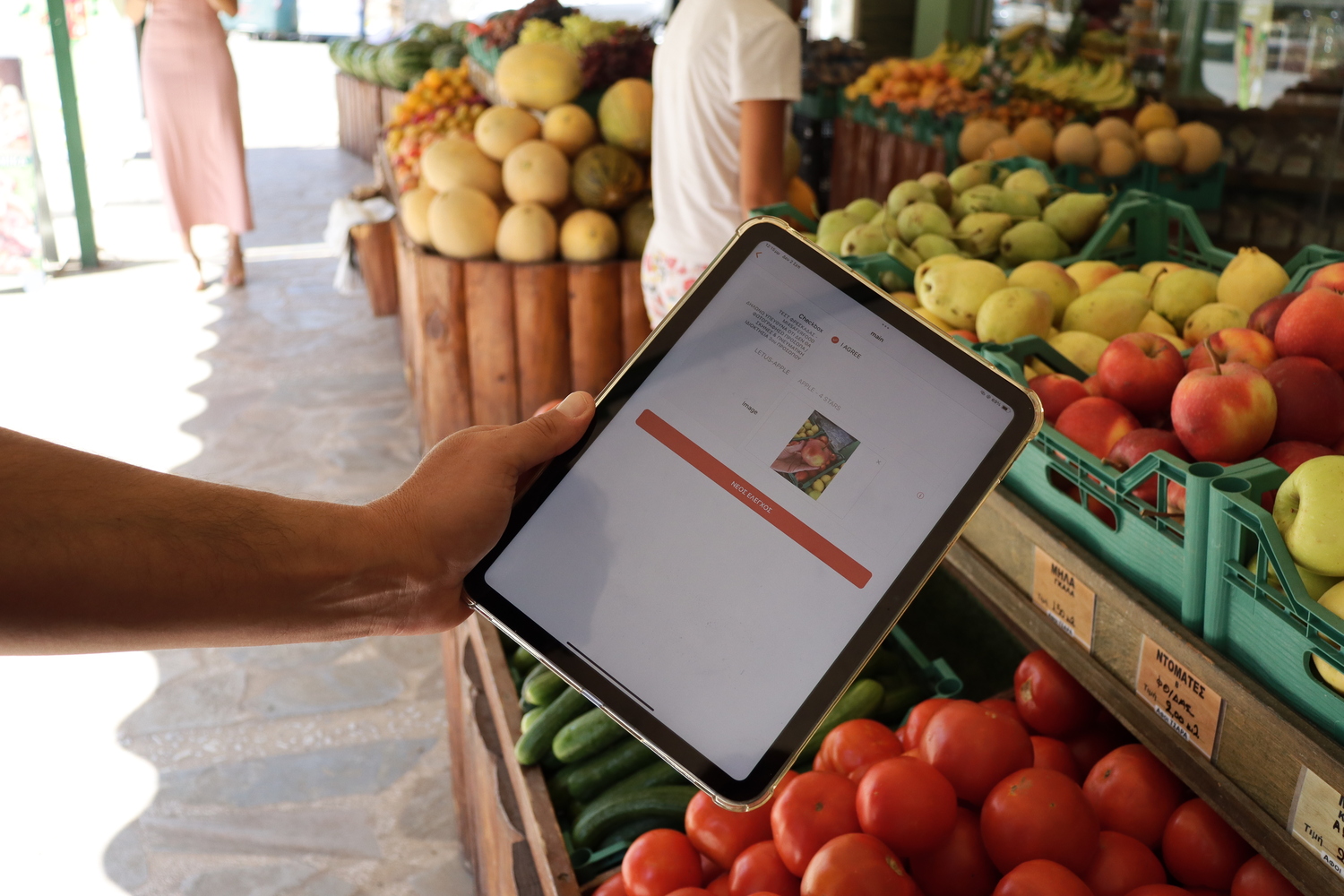DIAITA
A Digital Diet Assistant for Cancer Patients and Caregivers
Overview
The Challenge
Inadequate nutrient intake and risk of malnutrition in cancer patients, which can compromise their ability to cope with the disease and its treatment.
Users/Testers
Over 180 patients and caregivers, along with more than 50 professionals, have been involved in the co-creation and testing process, significantly contributing to the app’s refinement and user-centred design.
The solution
DIAITA has built a modular system combining three core components:
- A user‑friendly frontend progressive web application (PWA) featuring a conversational user interface (UI) and dedicated components for each database entity.
- A server‑side chatbot layer backed by a curated knowledge base of nutrition, cancer symptoms, dietary restrictions, and recipes.
- A recommendation engine that uses simple rule‑based logic (lightweight ML models) to map symptoms and preferences to suitable recipes.
They are all deployed via a dedicated server, with data stored in a structured MySQL database and secured via user authentication.
Users/Testers
Over 180 patients and caregivers, along with more than 50 professionals, have been involved in the co-creation and testing process, significantly contributing to the app’s refinement and user-centred design.
Members
Citizen Engagement
Throughout the development of DIAITA, citizen participation has been central to both the design and validation phases. Several types of activities were carried out to engage end-users — particularly cancer patients, caregivers, nutritionists, and healthcare professionals. These included:
- Co-design sessions during conferences and focus groups with over 120 attendees, where the core value and potential applications of the tool were discussed.
- Piloting activities such as usability and content validation workshops, test sessions, and interviews. Notable examples include a patient workshop, involving 10 cancer patients, which yielded valuable feedback on clarity, tone, and user interface improvements.
- Multiple sessions with nutrition experts focused on refining recipe nutritional content, user profiling, and testing real-case responses.
DataU and FOODITY components
Right now, the use of DataU — FOODITY’s GDPR-compliant consent management platform — is optional, as the platform protects user data by design. It uses the FOODITY Ontology to structure the knowledge database.
Results and achievements
Output Produced
DIAITA has created an app that will be available from OncoAlícia, a valuable resource on cancer and food.
Its chatbot is able to answer static frequently asked questions and dynamic questions. For example, “can I eat [food] if I have a [symptom]?”, based on its knowledge database developed with the Alícia Foundation’s expertise.
This database contains nutritional information for every ingredient and recipe, including their positive or negative effects on over 15 cancer treatment symptoms. This makes it possible to recommend recipes and provide nutritional guidance for a given symptom or ingredient.
DIAITA generated 3 datasets:
- Ingredient groups: expert‑chosen group of ingredients that are useful for recommending eating patterns (fried, salty, soft, acidic, etc.).
- Ingredients: ingredients matching popular open nutrition datasets (USDA and Swiss Food Composition Database).
- Recipes: the nutrients of the recipes we have in the database (recipes specially curated for cancer treatment).
Impact Indicators
As of today, DIAITA is still undergoing adjustments and testing to ensure that the responses provided to future users are completely safe, given the sensitivity of the target audience — cancer patients — where errors are not acceptable.
Feedback from Users
Feedback from users who participated in the piloting activities has been consistently positive. Patients and their families expressed gratitude for having access to a scientifically rigorous tool that helps address the many nutritional questions and needs that arise during cancer treatment. Healthcare professionals also found the tool valuable, as they do not always have sufficient training to adequately respond to patients’ nutrition-related questions.
Social/environmental/economic impact
DIAITA aligns closely with several key priorities of the EU’s Food 2030 policy framework, particularly in its ambition to support sustainable, healthy, and inclusive food systems that respect planetary boundaries.
Food 2030 emphasises a systemic, multi-actor approach to research and innovation, fostering benefits for human health, climate resilience, planetary well-being, and social inclusion. With this in mind, DIAITA, a digital assistant designed to help cancer patients improve their diets, addresses key drivers of system unsustainability such as population growth, an ageing demographic, and malnutrition. The expected increase in cancer diagnoses due to these demographic shifts underscores the growing need for supportive dietary interventions as part of comprehensive patient care.
Materials and links
Updates
ALIGNMENT WITH FOODITY
DIAITA aligns with FOODITY’s goals by addressing its “Food and nutrition personalisation” challenge through a digital assistant that supports cancer patients and their caregivers in making informed, individualised dietary decisions.
The solution promotes citizen engagement by empowering patients with accessible nutritional guidance and actively involving caregivers in the process. It upholds data sovereignty by ensuring that users retain control over their personal and health-related data, respecting privacy and ethical standards.
Moreover, DIAITA fosters transparency through evidence-based recommendations and clear communication, and supports food ethics by addressing the needs of a vulnerable population with empathy and scientific rigour.
LESSONS LEARNED
The patient-first approach was really helpful in focusing efforts on the impact generated.
Main benefit of participating in the FOODITY Programme
Environment and coaching.





